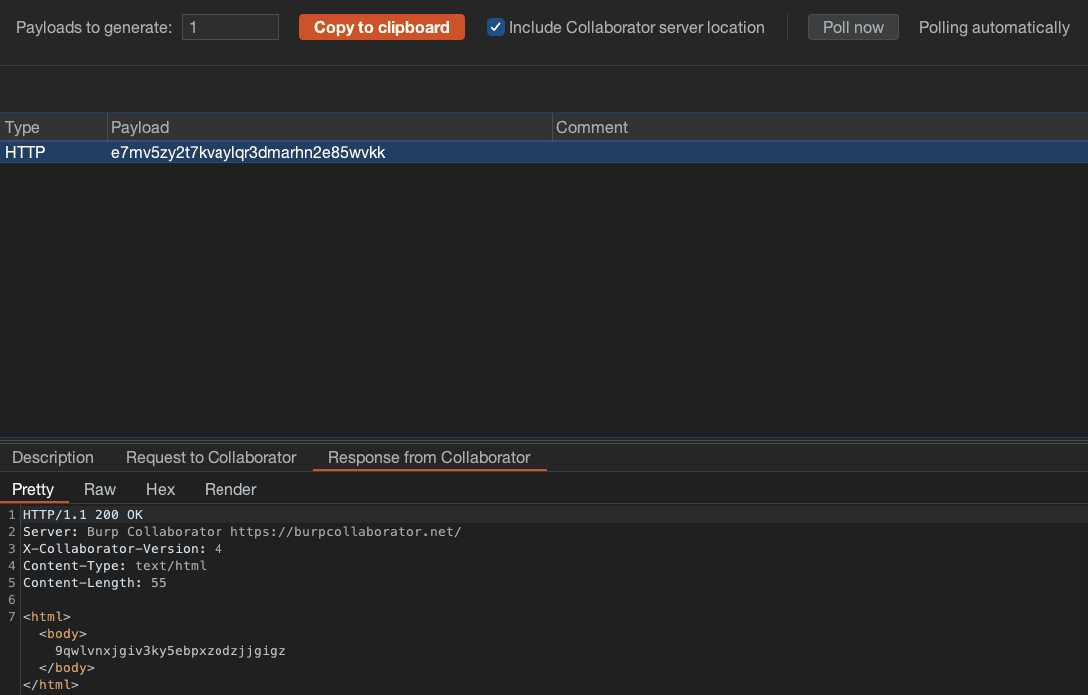
Image: Ayoub ELMOKHTAR
A severe security flaw has been uncovered in pgAdmin, the popular open-source tool used by database administrators worldwide to manage PostgreSQL databases. This vulnerability, designated CVE-2024-3116, allows attackers to execute malicious code on servers running pgAdmin, potentially compromising the entire database system.
Code Execution Made Easy

Security researcher Ayoub ELMOKHTAR has published a detailed analysis of the vulnerability, demonstrating how attackers can exploit it with relative ease. The attack involves several steps:
- Creating a Malicious Binary: A simple piece of C code is compiled to create a program that secretly sends a signal to an attacker-controlled server.
- Disguising the Payload: This binary file is named to resemble a standard PostgreSQL utility and uploaded to the pgAdmin server.
- Tricking pgAdmin: An attacker tricks pgAdmin into “validating” the malicious file’s path, leading to its unintended execution.
The Dangers of PowerShell Reverse Shells
On Windows systems, attackers can take this exploit further by using PowerShell to establish a reverse shell. This covert communication channel grants them remote control of the compromised system, allowing them to execute commands, steal data, and potentially move laterally within a network.
What You Need to Do
Administrators using pgAdmin versions 8.4 or below are urged to update immediately to the latest patched version (version 8.5). This vulnerability highlights the importance of keeping software up-to-date and the critical need for secure file management practices within sensitive applications.
Protecting Your Databases
Beyond updating pgAdmin, here are additional measures to consider:
- Principle of Least Privilege: Limit pgAdmin user permissions to the absolute minimum required.
- Input Sanitization: Implement strict validation of all user-supplied input, including file paths.
- Network Segmentation: Isolate database servers and restrict access to them.
- Regular Monitoring: Maintain robust logging and monitoring to detect suspicious activity.
Database security is of paramount importance. This pgAdmin vulnerability serves as a stark reminder for organizations to prioritize secure software development practices and implement a layered defense strategy to protect their valuable data assets.